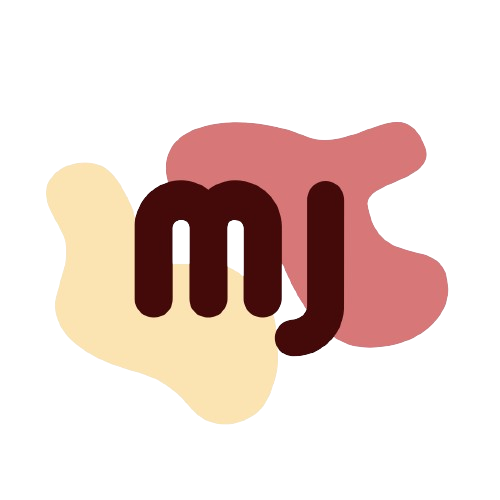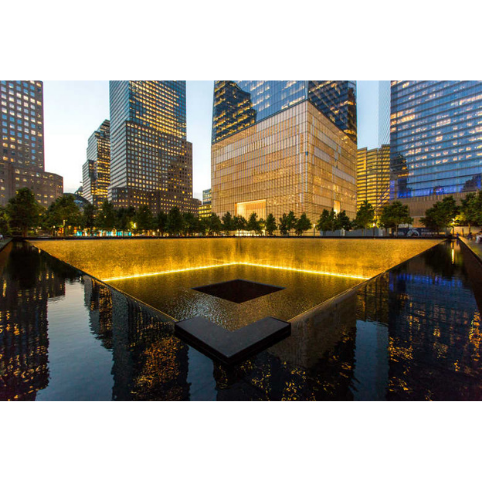September 11th, 2001 was supposed to be my first day of pre-school. This turned out to be a blessing in disguise, as my mom, a secretary at a financial firm only a few doors away from the World Trade Center, had taken off that day to take me in, sparing her the front row view of the chaos many of her co-workers had. Waking up early and turning on the news to see the weather, she and my dad, like many others, were witness to both the breaking news update that came with the first collision and, a few minutes later, a live view of the second. “I remember standing in the living room in front of the television, transfixed. I didn’t even realize how long my mouth was hanging open until I felt it start to get dry,” she told me while recounting the story. In the midst of the confusing news and chaos, my mom decided to drive me into preschool anyway to maintain some sense of normalcy. At the moment, TV pundits were still hanging onto a shred of hope that this, like the bombing in the World Trade Center parking garage a little less than a decade earlier, could be contained and that the fatalities may be minimal. So, after calling the school and finding they were still planning on opening despite being perplexed about how to best respond themselves, she set out.
We drove from our home out on Long Island to Ridgewood, a little town in Queens where my grandmother lived and where I was to go to half-day preschool before grandma took me home for lunch. We were running late due to her watching the news for a while; this proved not to be a problem, as when she and I arrived only three other families were there, all other people who, like us, came from more than thirty minutes away. In the time before widespread cell phone use, my mother, along with those other families, could only be informed of the school’s sudden closure as we arrived. “Why?” my mother asked, “did too many people call in absent?” She had heard about Pennsylvania and the Pentagon over the car radio, maybe people were panicking.
“No,” was the reply. “We just got news that the towers collapsed.” It was a clear day, and on days like this, you could easily see the Manhattan skyline from Ridgewood. Today, in the spot where the Twin Towers were every other day, was a black, billowing, shapeless smudge. That was my mother’s second worst memory of that day.
Back at home, as I played, oblivious, on the floor, my mom watched the news at grandma’s with the phone in her lap. As the day went on she got a few calls. First was confirmation that her co-workers were all alright, although a little shaken up, one having just stepped out of her taxi in front of the office when the second tower was hit before her eyes. Next was my dad asking how she was doing and if she was watching the news — he was still at the mechanic’s shop where he worked in Garden City, and he was going to get off early since hardly any clients came in. We would later learn that Garden City had some of the highest casualty rates of any town on Long Island. By the evening she finally heard from my niece, Stacey, a paralegal in Midtown who had to walk thirty blocks north and over the Queensboro bridge to Long Island City across the East River. The walk took hours, and despite being surrounded by hundreds of people, was completely silent. Even that far uptown, people wore scarves over their faces to block out the smoke. She hadn’t been as lucky as Mrs. Musco, a family friend, who caught one of the last subway trains running that day. Then again, the only reason she made that train was because being in the lobby of the South Tower on her way up to her office when the second plane hit it had been enough of a shock to send the 67-year-old running faster than she ever had in her life. She lost four co-workers. My mom’s friend Gina worked in South Tower too, and lost even more, including one she was on the phone with as nose of the first plane pierced their North Tower office on the 95 thfloor. She, like Mrs. Musco, ran down the stairs of the South Tower faster than she thought possible. The crackling silence of the phone going dead as she watched the plane crash into North Tower through her office window still haunts her to this day.
Before my mother went to bed that night, the reporters went out to speak in front of the rubble, as the smoke had finally cleared. On every station, the sounds of electronic beeping could be heard in the background. One reporter finally explained: it was the sound of the panic buttons firefighters are supposed to press when smoke gets too thick for them to be seen, a means of being found in the darkness. The noise was emitting from beneath the rubble of the collapsed buildings. They were lost, forever. That was my mother’s worst memory of the day.
We were very lucky. We didn’t lose a single friend or family member. We felt the aftershock in other ways. My parents had to find a replacement restaurant for their anniversary three weeks later, after the Top of the World restaurant, where they had had a reservation, simply no longer existed. My grandpa, who had just retired after working in the North Tower for 20 years, had outlived half of his younger employees. The park in our town and every town around it put up new memorials, this time with the names of civilians rather than soldiers. Every year in school there was at least one student per grade that wouldn’t come in on 9/11. That meant a lost parent, usually. Their absences never counted towards how many they were allowed in a year. Tragedy was all around us, and though it faded, those memorials still stood, and those absences still taken every year. While other people my age from other parts of the country can only really understand 9/11 as something they read about in a text book or a museum plaque, to me, it is visceral feeling, like the ghost of a wound. Even not having lost one someone personally, the shadow of collective loss can still be felt just beneath the surface, and in every corner of every city, town and village of my home.
The way that the deaths of those 2,977 people have been used time and again, to justify racism, xenophobia, a curtailment of personal privacy, not to mention endless wars, human rights abuses and an even higher civilian death count abroad, fills me with a boiling, almost personal anger. And so does the way the government has repeatedly ignored the financial and medical needs of the survivors and first responders of that tragedy. The anger I feel towards fellow New Yorkers whose views disgust me is always accompanied by a bit of pity. Being raised in the aftermath of such a collective tragedy has taught me the importance of understanding where people are coming from when they see progressive reform as a personal attack. Even if someone had a personal loss in 9/11, does it justify or excuse odious beliefs or police worship? Not in the slightest. But it’s a reason that that person may have been susceptible to certain kinds of propaganda in the first place. Casting those politically opposed to us as inhuman, and incomprehensibly evil over-simplifies a complex reality; it is only through understanding the source of a person’s belief system that we have any hope of changing their hearts and minds. Progressivism is, in a way, a political ideology of community healing: of identifying the things that wound us, bringing them to light, and changing what we must so that we, as a society, can move on and progress towards a better future for all people, and as hard as it can be, those that oppose progressivism due to their own trauma need to be included in that as well. The stories and arguments that lead to lasting change are the ones that meet people where there are at, and show them that it is better to clean out the wound and heal, than bandage over it with hatred.
Originally published at https://melaniejohnsondc.com on February 23, 2022.


Leave a Reply